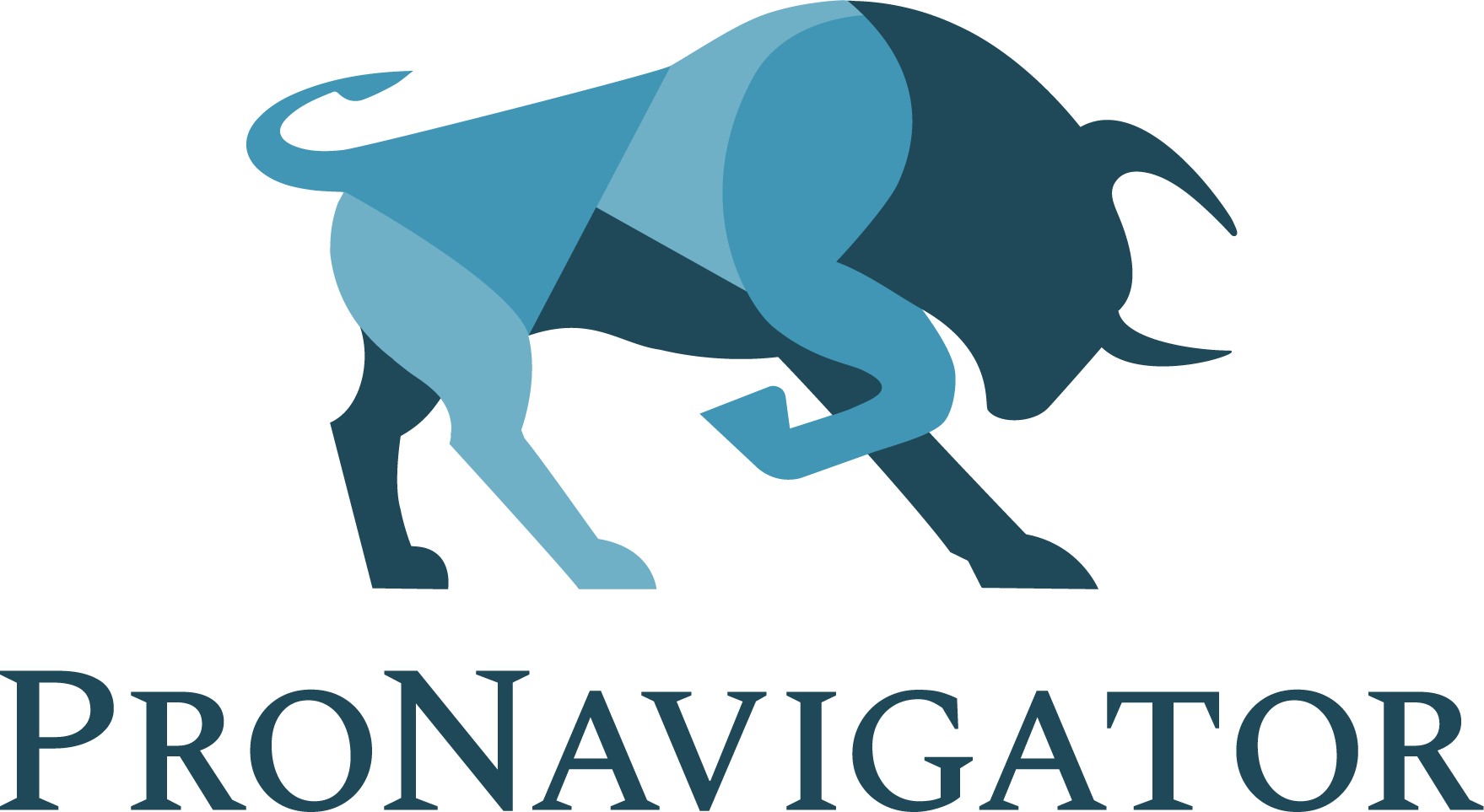The Forest For The Trees – Preserving and Growing The Value of Your Company’s Institutional Knowledge
 In last week’s article, I discussed how the technology exists for any company to quickly stand up a robust wiki as a way to manage institutional knowledge. In this week’s article, I want to go back to Greta, who is the employee that every company has and values, but brings great risk to your company’s institutional knowledge.
In last week’s article, I discussed how the technology exists for any company to quickly stand up a robust wiki as a way to manage institutional knowledge. In this week’s article, I want to go back to Greta, who is the employee that every company has and values, but brings great risk to your company’s institutional knowledge.
Greta (and many, many others in your company) has a tremendous amount of wisdom and knowledge about how things work, or why a certain process is done in a certain way. The risk to the company is that so much of what we do during a workday is NOT documented. There is no evidence of that process, solution, action, or rationale, except in the heads of some of your key employees…including yourself!
A really powerful example is the skillset your key underwriter has to examine a submission and immediately know what questions to ask, what exposures exist, how much risk they want to take, and what pricing is likely to get the deal done. Every aspect of this skillset is immensely valuable to your company and yet, every aspect is NOT documented anywhere. This is a skill set, developed and matured over time that is an institutional asset that needs to be preserved and curated for future employees. Sadly, too often, that asset is allowed to walk out the door taking all of its value with it.
The 3 Types of Institutional Knowledge
Institutional knowledge can be neatly categorized into 3 baskets:
1️⃣ Explicit Knowledge – this is all of the knowledge and processes that are documented and available for consumption. This is the type of low-hanging fruit that with effort and resources can be aggregated and made searchable to your employees
2️⃣ Implicit Knowledge – this is all the knowledge and wisdom that is undocumented and not readily available. In the original article about Greta, that use case describes the all too common action of one employee asking another employee for a solution. The answer lies in Greta’s mind, is not documented anywhere, and Greta becomes the sole source of the solution. This type of institutional knowledge requires a concerted effort from the organization to find, capture, and document that wisdom.
3️⃣ Tacit Knowledge – there is documented and undocumented institutional knowledge, so why do we need another category? Tacit knowledge is also a type of knowledge that is undocumented, but unlike Implicit Knowledge, Tacit Knowledge is knowledge, wisdom or insights that are not immediately known as such. This could be feelings and intuitions that have been honed over time that even the employee may not recognize they have or value. Take the underwriter in the above example, the skillset to intuit how much risk to retain and how much rate to assess to get the deal done, may not be fully understood or fully appreciated as institutional knowledge…until that skillset is no longer with the company.
The corporate wiki is a marvellous technology to capture Explicit Knowledge, but capturing Implicit or Tacit Knowledge is quite challenging, but also super rewarding when it can be done. Imagine having a corporate culture of systems and training to make sure that the salesperson is distilling the key Tacit intuitions about which questions to ask and in which order to get a sale one step closer to a close? How much value would that add to your company? A set of systems and technology that those common questions that right now, can only be answered by Greta, are easily queried and retrievable within your company’s wiki or portals?
I will look to spend many of the future articles describing how to capture all 3 types of institutional knowledge, especially how you can set up an internal culture to locate, find and bubble to surface the 3 types of Institutional Knowledge, but also how you think about the technology needed to make it all happen. Yes, a wiki is marvellous technology, but for many of you, not anywhere adequate for the scale that you operate in.
The faintest ink is more powerful than the strongest memory might be a Chinese proverb, but for most of us, it is a powerful message about all the value that our businesses lose because we aren’t doing enough to document, document, document our creative brain power.

Joseph D’Souza is a passionate business builder with more than a decade of experience in founding and growing companies. As the founder and CEO of ProNavigator, he's using AI to help insurance professionals win in an on-demand world.





